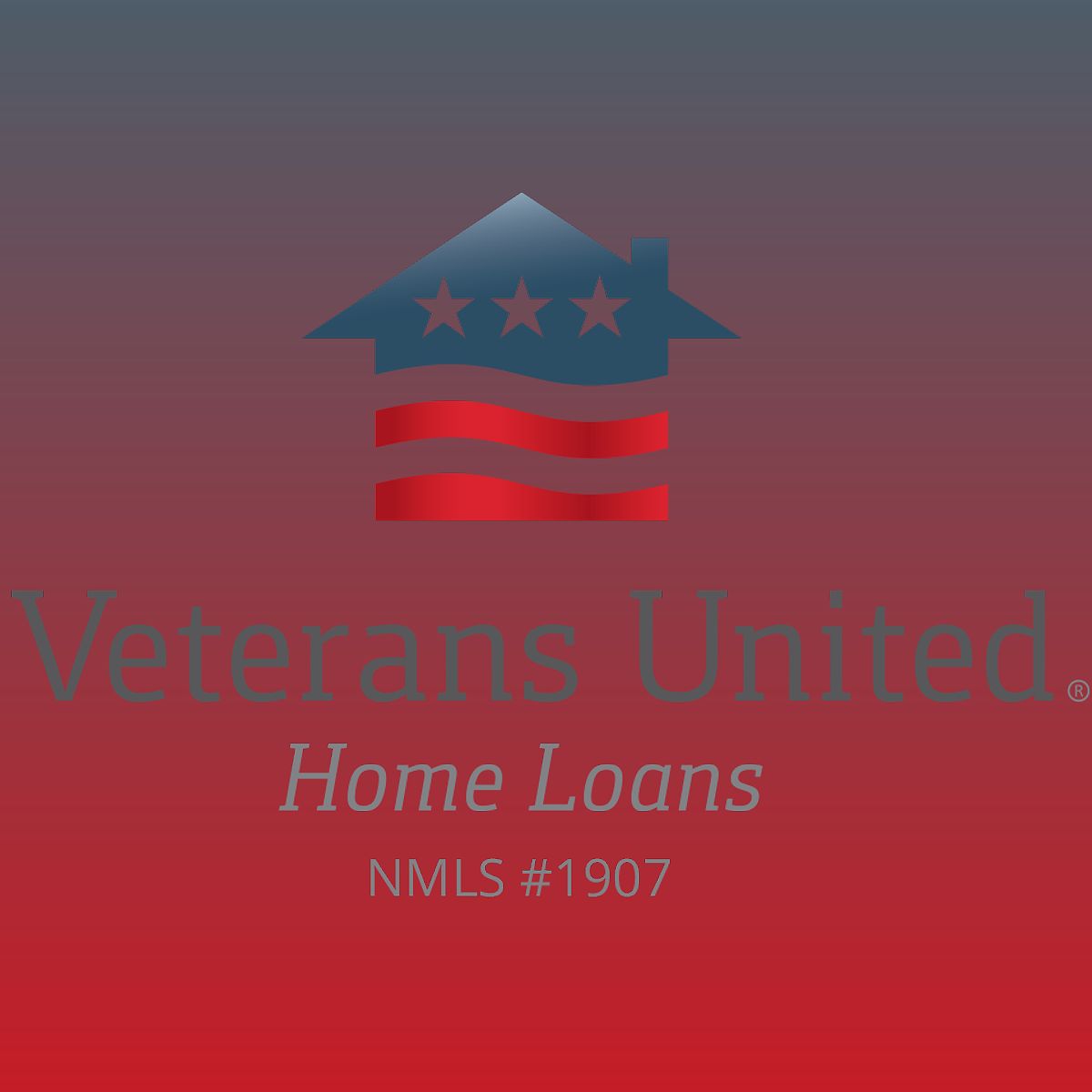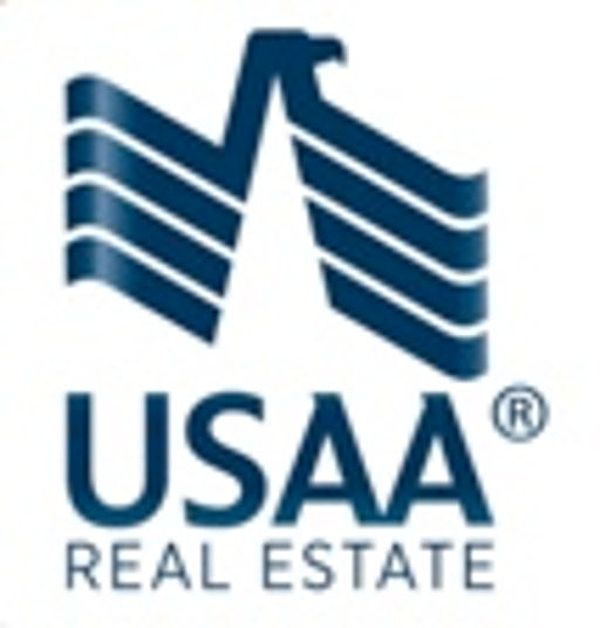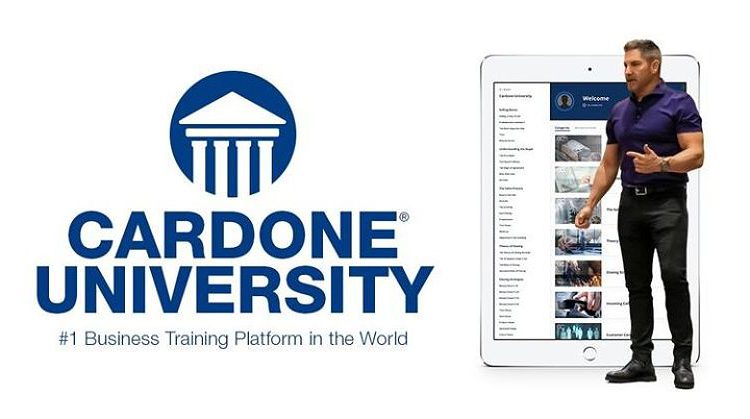Securing a mortgage as a veteran can be complex. Finding the best VA loan lenders among numerous options requires careful research and comparison of interest rates, fees, and customer service. This guide cuts through the noise, analyzing top contenders to help you navigate this crucial step towards homeownership.
Toc
- 1. Understanding the Advantages and Disadvantages of VA Loans
- 2. Comparing the Best VA Loan Lenders: A Comprehensive Comparison
- 3. Related articles 01:
- 4. Current Trends in the VA Loan Market
- 5. VA Loan Eligibility and Requirements
- 6. The VA Loan Application Process: A Step-by-Step Guide
- 7. Related articles 02:
- 8. Choosing the Right Lender for Your Needs
- 9. Additional Resources for Veterans
- 10. FAQ
- 11. Conclusion
Understanding the Advantages and Disadvantages of VA Loans
VA loans are tailored specifically for veterans, active-duty service members, and eligible surviving spouses. They come with a unique set of advantages that can make homeownership more accessible and affordable. Here’s a closer look at the key benefits and drawbacks of VA loans.
Key Benefits of VA Loans
-
No Down Payment Requirement: This feature eliminates the need for a down payment, freeing up your savings. For instance, if you’re purchasing a $300,000 home, you could save as much as $60,000 that you might otherwise need for a conventional loan with a 20% down payment. However, a funding fee, paid upfront or financed into the loan, varies depending on the loan amount, your service history, and if it’s your first VA loan. Veterans with service-connected disabilities may be exempt from this fee.
-
Competitive Interest Rates: As of October 26, 2023, the average interest rate for a 30-year fixed-rate VA loan is around 7.1%, according to Bankrate. However, this is an average, and individual rates vary depending on credit score, loan amount, and lender. A veteran with excellent credit (760+) might secure a rate closer to 6.8%, while someone with a credit score of 660 might see a rate closer to 7.5%. These rates are generally lower than conventional loans requiring private mortgage insurance (PMI). However, some conventional loans, particularly those with significant down payments, may offer slightly lower rates in certain market conditions. It’s crucial to compare apples to apples by considering all fees and the overall cost of the loan.
-
Relaxed Credit Score Standards: While the VA does not set a minimum credit score requirement, most VA-approved lenders typically require a credit score of at least 620. This flexibility makes VA loans accessible to a wider range of borrowers, including those who may have less-than-perfect credit.
-
No Private Mortgage Insurance (PMI): Unlike conventional loans that require PMI when the down payment is less than 20%, VA loans do not require this additional monthly fee. This can significantly reduce your monthly housing costs, making homeownership more affordable. For example, if your PMI would have been $200 per month, that’s an extra $2,400 in your pocket annually.
-
Lifetime Benefit: Veterans can use their VA loan entitlement multiple times throughout their lives. This means you can take advantage of this benefit for your first home and still have it available for future purchases or refinancing, making it a valuable long-term financial tool.
Drawbacks of VA Loans
While the benefits of VA loans are compelling, there are also some drawbacks to consider:
-
Upfront Funding Fee: As mentioned earlier, VA loans typically require an upfront funding fee. While this fee can be financed into the loan, it’s essential to factor it into your overall costs.
-
Limited to Primary Residences: VA loans can only be used to finance a primary residence. This means you cannot use a VA loan to purchase investment properties or vacation homes, which could limit your options if you’re looking to build a real estate portfolio.
-
Stricter Property Requirements: The property you’re buying must meet specific condition standards set by the VA. This could pose challenges for some fixer-upper homes or properties that require extensive repairs. It’s crucial to work with a knowledgeable real estate agent who understands these requirements.
-
Lender Preference for Conventional Loans: Some sellers may prefer conventional loans over VA loans due to perceived complexities or restrictions. This could potentially limit your options in a competitive housing market. However, being pre-approved for a VA loan can help you stand out to sellers.
Despite these drawbacks, the benefits of VA loans often outweigh the negatives, making them a highly sought-after option for eligible veterans and service members.
Comparing the Best VA Loan Lenders: A Comprehensive Comparison
When it comes to securing the best VA loan, the choice of lender can make a significant difference. Let’s take a closer look at some of the top-rated VA loan lenders in 2024, comparing their features, benefits, and suitability for veterans.
Veterans United: A Deep Dive

Interest Rates & Fees: Veterans United offers competitive interest rates and a VA funding fee in line with industry standards. They are known for their transparency in fee structures, which helps borrowers understand their total loan costs.
Credit Score Requirements: The lender typically requires a minimum credit score of 620. However, they may consider lower scores in certain circumstances, making them a flexible option for many veterans.
Loan Types Offered: Veterans United specializes in VA loans, offering a variety of options, including purchase loans, refinancing, and Interest Rate Reduction Refinance Loans (IRRRLs). This specialization means they have extensive experience navigating the VA loan process.
Customer Service: Veterans United has earned a reputation for exceptional customer service, with many borrowers praising their responsiveness and support throughout the loan process. They have a dedicated team that understands the unique needs of veterans.
Special Features: The Lighthouse program is a standout feature, providing valuable resources to help veterans improve their credit scores and connect with knowledgeable real estate agents.
Pros: Extensive VA loan expertise, diverse loan programs, and options for low or no down payments.
Cons: Limited physical branch locations and no home equity loan offerings.
Rocket Mortgage: The Digital Approach
Interest Rates & Fees: Rocket Mortgage consistently offers competitive rates and transparent fee structures for VA loans. Their digital-first approach allows for quick access to current rates and fees.
Credit Score Requirements: Rocket Mortgage typically accepts credit scores as low as 580, making it accessible to a broader range of borrowers. This inclusivity helps many veterans find financing options that suit their financial profiles.
Loan Types Offered: In addition to VA purchase and refinance loans, Rocket Mortgage provides a wide variety of mortgage products, including conventional and FHA loans, which allows borrowers to explore multiple options.
Customer Service: The lender boasts a user-friendly online platform and excellent customer service ratings. Borrowers can complete the entire loan application process online, making it a convenient option for tech-savvy veterans.
Special Features: Rocket Mortgage’s digital-first approach allows for a fully online mortgage experience, from application to closing, which can be a significant advantage for those who prefer a streamlined process.
Pros: Streamlined online application, diverse loan options, and consistently high customer satisfaction.
1. https://goldnews24h.com/archive/5165/
2. https://goldnews24h.com/archive/5118/
3. https://goldnews24h.com/archive/5111/
Cons: Lack of in-person service and unavailability of USDA loan products.
USAA: A Trusted Veteran-Focused Lender

Interest Rates & Fees: USAA is known for offering some of the most favorable interest rates on VA loans. Their strong focus on serving the military community enables them to provide competitive pricing.
Credit Score Requirements: While USAA does not disclose a specific minimum credit score, they work with borrowers across a range of credit profiles, making them a flexible choice for veterans.
Loan Types Offered: In addition to VA loans, USAA provides a comprehensive suite of mortgage products, including conventional and FHA loans, catering to various borrower needs.
Customer Service: USAA has a well-established reputation for exceptional customer service, consistently ranking among the top in the industry. Their representatives are knowledgeable about VA loans and can provide tailored advice to veterans.
Special Features: USAA offers a range of specialized financial services and resources dedicated to military members and their families, including financial planning tools and educational resources.
Pros: Extremely low interest rates, diverse loan offerings, and unparalleled customer service.
Cons: Limited physical branch locations compared to some larger lenders.
Interest Rates & Fees: Navy Federal Credit Union offers competitive interest rates and transparent fee structures for its VA loan products. Their focus on military members often results in favorable pricing.
Credit Score Requirements: The lender does not disclose a minimum credit score requirement, instead focusing on the applicant’s overall financial profile. This can provide flexibility for veterans with varying credit histories.
Loan Types Offered: In addition to VA loans, Navy Federal provides conventional, FHA, and proprietary mortgage options tailored to military members and their families.
Customer Service: As one of the largest credit unions in the United States, Navy Federal is renowned for its personalized service and support for the military community. Their representatives are often familiar with the unique needs of veterans.
Special Features: Navy Federal’s extensive experience in serving the military makes them a trusted partner for veterans navigating the home-buying process. They also offer financial education resources to help borrowers make informed decisions.
Pros: Diverse loan offerings, exceptional customer service, and a long history of serving the military.
Cons: Limited physical branch locations compared to larger national lenders.
Other Notable VA Loan Mortgage Companies
While the lenders mentioned above are among the best, several other mortgage companies also cater to veterans. These include:
-
Caliber Home Loans: Known for its flexible loan options and strong customer support, Caliber Home Loans offers a range of VA loan products, making it a solid choice for veterans.
-
Guild Mortgage: Guild Mortgage has a strong focus on VA loans and offers competitive rates and fees. Their experienced loan officers can guide veterans through the VA loan process.
-
Fairway Independent Mortgage: Fairway is well-regarded for its customer service and has a dedicated team of VA loan specialists who understand the unique needs of veterans.
Current Trends in the VA Loan Market
The VA loan market is seeing increased competition among lenders, leading to more favorable terms for veterans. One trend is the rise of digital mortgage platforms, offering streamlined applications and faster closing times. Additionally, some lenders are increasingly focusing on personalized service and financial education for veterans, recognizing the unique financial challenges many face upon transitioning from military service.
VA Loan Eligibility and Requirements
Understanding the eligibility criteria for VA home loans is crucial for veterans looking to take advantage of this benefit. Here’s a breakdown of what you need to know:
Certificate of Eligibility (COE)
The Certificate of Eligibility (COE) is a crucial document that verifies your eligibility for a VA loan. You can obtain a COE through the U.S. Department of Veterans Affairs website or by working with your lender. The process is relatively straightforward and requires you to provide proof of service, such as your DD-214 discharge papers.
Credit Score and Debt-to-Income Ratio (DTI)
While the VA does not set a minimum credit score requirement, most VA-approved lenders typically require a credit score of at least 620. Additionally, your debt-to-income ratio (DTI) is an essential factor in loan approval. A DTI of 41% or lower is generally preferred, but some lenders may allow higher ratios depending on your overall financial profile.
Other Requirements
In addition to the COE and credit score considerations, lenders will also require proof of income, employment history, and documentation related to the property being purchased. It’s essential to gather all necessary documents before starting the loan application process to ensure a smooth experience.
The VA Loan Application Process: A Step-by-Step Guide
Navigating the VA loan application process can seem daunting, but with the right preparation, it can be a smooth and rewarding experience. Here’s a step-by-step guide to help you through the process:
Step 1: Pre-Qualification/Pre-Approval
Start by obtaining pre-qualification or pre-approval from your chosen lender. This step gives you a better understanding of your borrowing capacity and helps you shop for homes within your budget. Pre-approval is especially advantageous in a competitive housing market, as it shows sellers you are a serious buyer.
Step 2: Gather Required Documents
Assemble the necessary documents, including your Certificate of Eligibility (COE), DD-214 (discharge papers), proof of income, and other financial records. Having these documents ready will expedite the application process.
Step 3: Submit Your Application
Work closely with your lender to complete the loan application, providing all required information and documentation. Be prepared to respond promptly to any requests for additional details. The lender will review your application and determine your eligibility for a VA loan.
Step 4: Undergo the Appraisal Process
Once your application is submitted, the lender will arrange for a VA-certified appraiser to assess the value and condition of the property you intend to purchase. This appraisal ensures that the home meets the VA’s standards and helps determine the loan amount.
1. https://goldnews24h.com/archive/5165/
2. https://goldnews24h.com/archive/5114/
3. https://goldnews24h.com/archive/5111/
Step 5: Complete the Closing
After your loan is approved, you’ll move forward with the final closing process. This step includes signing the necessary paperwork and securing the keys to your new home. It’s essential to review all closing documents carefully and ask questions if anything is unclear.
Step 6: Move In!
Congratulations! Once the closing process is complete, you can move into your new home. Remember to keep all documentation related to your VA loan for future reference, especially if you plan to use your VA entitlement again.
Choosing the Right Lender for Your Needs
Selecting the best VA loan lender for your unique circumstances involves a careful evaluation of several key factors. Here’s how to make an informed decision:
Factors to Consider
-
Credit Score: Assess your credit score to determine which lenders you may qualify for. Different lenders have varying requirements, so it’s essential to find one that fits your financial profile.
-
Debt-to-Income Ratio: Consider your DTI and how it may affect your loan approval. Aim for a DTI of 41% or lower to improve your chances of securing favorable loan terms.
-
Desired Loan Type: Decide whether you’re looking for a purchase loan, refinance, or IRRRL. Different lenders may specialize in certain loan types, so align your choice with your needs.
-
Preferred Level of Customer Service: Some veterans prefer a digital-first experience, while others may want in-person support. Choose a lender that aligns with your service preferences.
-
Special Needs or Preferences: If you have specific requirements, such as a focus on customer service or additional educational resources, make sure to factor those into your decision.
Comparison Tools
Utilize online mortgage calculators and comparison websites to aid in the decision-making process. These tools can help you estimate your monthly payments, compare interest rates, and assess different lenders’ offerings.
Importance of Research
Researching lenders and reading reviews is crucial before making a decision. Look for feedback from other veterans who have gone through the VA loan process to gauge each lender’s customer satisfaction and service quality.
Additional Resources for Veterans
As you navigate the world of VA loans, you may find the following resources helpful:
-
The U.S. Department of Veterans Affairs (VA) website (www.va.gov): A comprehensive source of information on VA loan eligibility, benefits, and the application process.
-
The Consumer Financial Protection Bureau (CFPB): Provides valuable guidance and resources for veterans on various financial topics, including VA loans.
-
Military credit unions (USAA, Navy Federal): Offer specialized financial products and services tailored to the needs of active-duty military, veterans, and their families.
-
Veteran-focused financial advisors: Can provide personalized advice and support throughout your homeownership journey.
FAQ
Q1: How many times can I use my VA loan benefit?
A1: The VA home loan program does not limit the number of times you can use your VA loan entitlement. However, there may be restrictions based on your specific loan history and remaining entitlement. Consult with the VA or a VA-approved lender for guidance on your individual circumstances.
Q2: What is the current average interest rate for a VA loan?
A2: As of October 26, 2023, the average interest rate for a 30-year fixed-rate VA loan is around 7.1%, according to Bankrate. However, individual rates can vary based on factors like credit score, loan amount, and lender.
Q3: What credit score do I need to qualify for a VA loan?
A3: The VA does not set a minimum credit score requirement for its loan program. However, most VA-approved lenders typically require a credit score of at least 620, although some may consider lower scores in certain cases.
Q4: Can I use a VA loan to buy a rental property?
A4: No, VA loans can only be used to finance a primary residence, not investment properties or vacation homes. The VA loan program is designed to support homeownership for eligible veterans and active-duty service members, not for investment or rental purposes.
Q5: What are the typical closing costs associated with a VA loan?
A5: Closing costs can vary, but they typically include appraisal fees, title insurance, and recording fees. It’s essential to budget for these costs in addition to your funding fee and loan fees.
Conclusion
Securing a VA loan can be a significant step toward homeownership. By understanding your eligibility, researching lenders, and carefully considering your needs, you can find the best VA loan lender to help you achieve your dream of homeownership. Remember to compare rates, fees, and customer service before making a decision. Don’t hesitate to reach out to multiple lenders to get personalized quotes and advice. Start your search today and take advantage of this valuable benefit!











